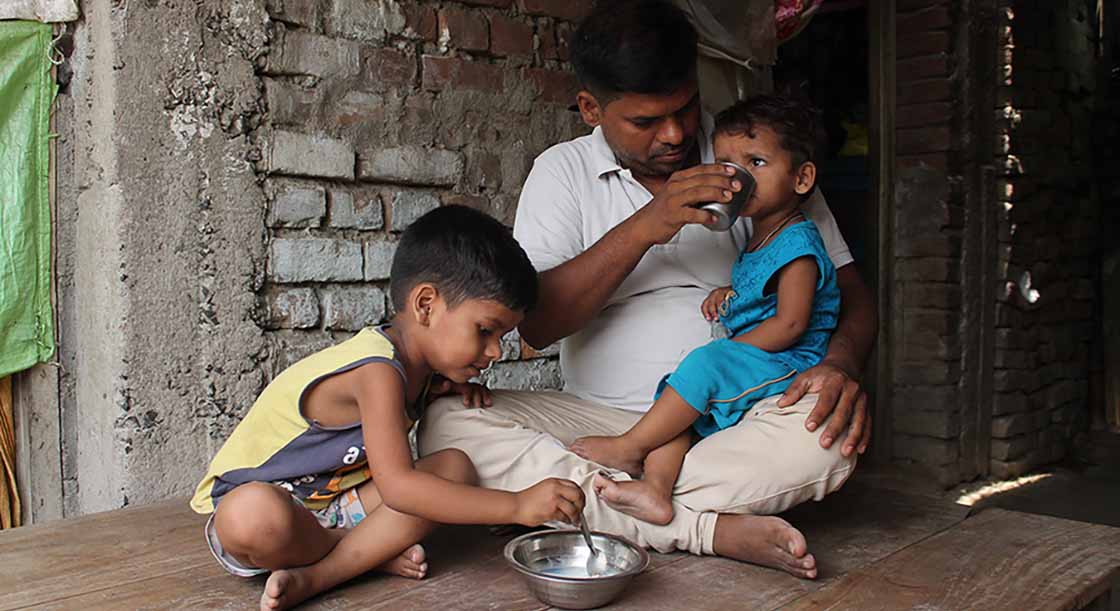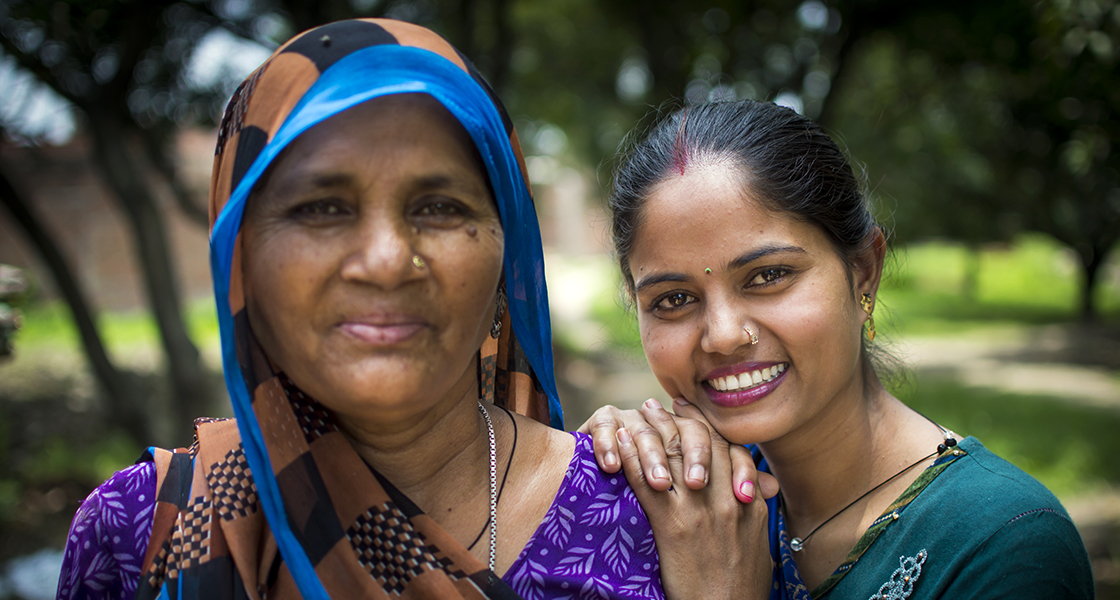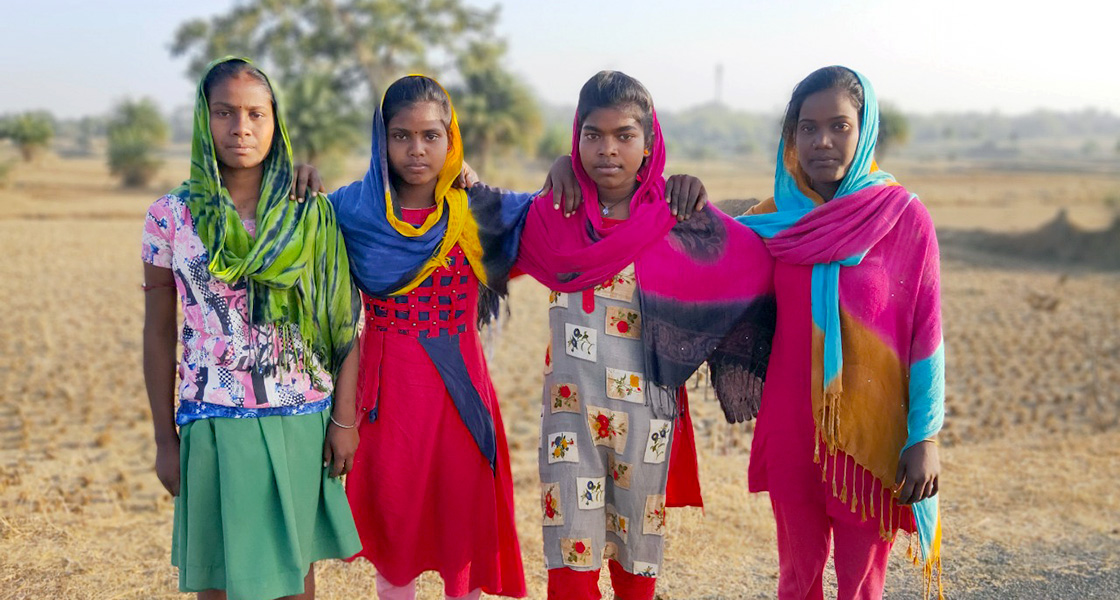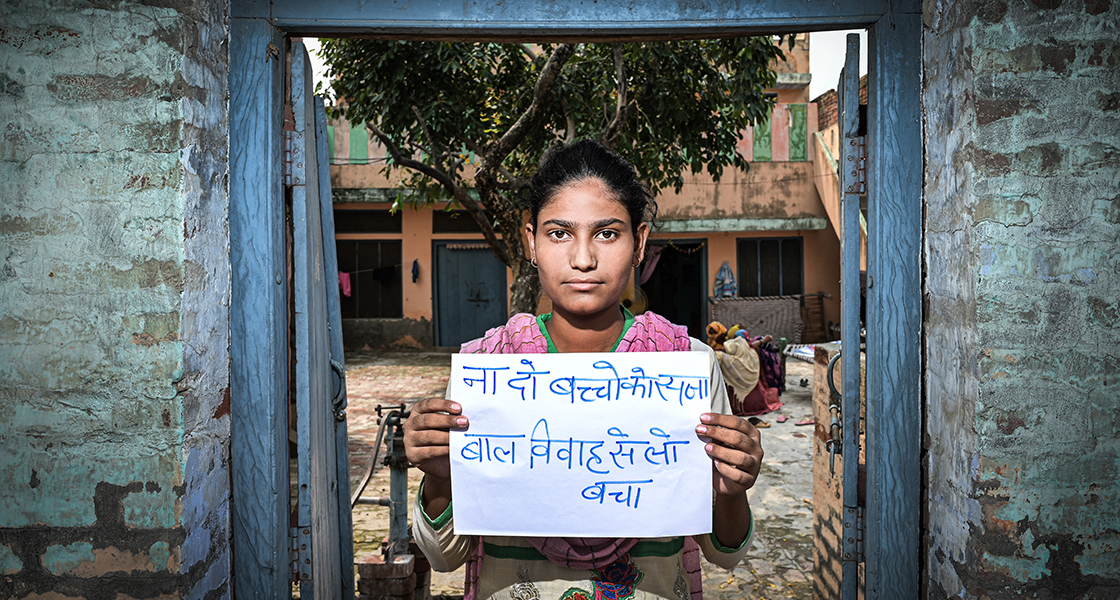Notification: PCI India has successfully migrated from pciglobal.org to pciglobal.in. All emails received from our new domain pciglobal.in are to be treated as undisputed origin.
- About Us
- Our Work
- Health and Nutrition
- Gender, DEI and Social Norms
- Women Economic Empowerment and Livelihoods
- Social and Environment Protection
- Emergency Response
- Skilling & Employability
- Our Expertise
- PCI Research
- Events
- Resources
- Get Involved
- About Us
- Our Work
- Health and Nutrition
- Gender, DEI and Social Norms
- Women Economic Empowerment and Livelihoods
- Social and Environment Protection
- Emergency Response
- Skilling & Employability
- Our Expertise
- PCI Research
- Events
- Resources
- Get Involved
Our gender-transformative strategies aim to develop and test models to promote participatory methods of bringing transformations in gender norms, behaviors and practices. Once the pilots are successful and a proof of concept is established, it is scaled up at various levels and advocated for better policy implementation. Our strategies take advantage of the community and household-based collectives and cliques to constantly re-energize the transformative processes. We devise our strategies to test several innovative solutions, including the engagement of men as partners towards developing equitable gender relations. We promote joint household decision-making practices for improved reproductive and sexual health, family planning and nutrition outcomes in an appropriate and dignified manner.
Underpinned by the established theories/frameworks of empowerment, positive shifts over the empowerment continuum among all participating women and girls are critical to our success. Our solutions are developed keeping the gender factors and the socio-ecological contexts into consideration, making them most feasible and acceptable in the communities. Strengthening community platforms is integral to our designs, as we believe that local resources are critical to the sustainability of any effort and continuing the drive towards positive change.
PCI works across the life stages of women and girls starting from pre-adolescence through pregnancy and post-pregnancy phases of their lives. We have successfully created solutions for addressing girls’ leadership, strengthening women’s collectives to seize the prevalence of child marriage, creating localized resource centres through women’s collectives to address many more vulnerabilities of women. Our successful interventions on empowering women, especially young mothers, towards better health and nutrition practices of children and themselves have received acknowledgments at various national and global forums. We have also developed a range of solutions for men’s involvement towards improving the health and nutrition status of the family and the overall well-being of the households.
To implement all these strategies, we primarily work in partnership with the government and provide technical support to the government and its platforms. Most of our solutions reach the masses by leveraging the Self-help group (SHG) platforms nurtured by different State Rural Livelihood Missions (SRLM).
We aim at dignified and rightful living from all free from all forms of discrimination, abuse, atrocities, and gender-based violence through our programs.
Gender & Development Programs

Male Engagement
Men are no longer alienated from the “female” domains of Family Planning

TARA
Transformative Action for Rural Adolescents’ (TARA) is a pilot project initiated by PCI...

SWAYAM
With financial support from the Initiative for What Works to Advance Women and Girls...

Umang
The Umang project adopts an ecosystem approach to empower...

Women RISE UP Against Child Marriage
‘Women RISE UP against Child Marriage’ is a community-owned advocacy initiative...
